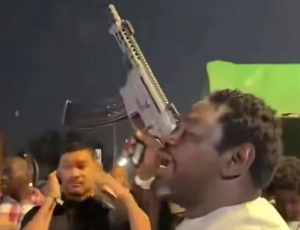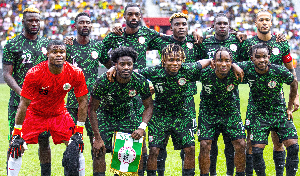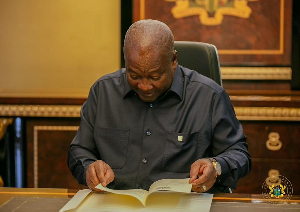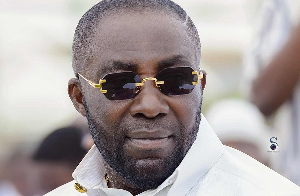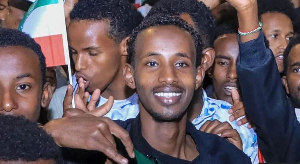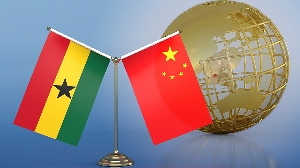Media headlines has been full of stories of Ghanaians either being arrested at the Kotoka International Airport or some airports either in London or New York. Drugs trafficking cases continue to jam our law courts, crowd the prison cells, pages of the press and the daily conversation of Ghanaians.
Day by day Ghanaians are busted at the airport for having concealed drugs either suspected cocaine or heroine in their hair, brassieres, panties and stomach etc.
Though it is not a new phenomenon in Ghana but recent developments give a cause for worry. This is so because of the dimension it has taken over the past year. If something is not hurriedly done about this issue, Ghana’s image will continue to sink deep in the marshes of international drug transit trade and we will face bitter consequences. Because of this record, anytime flight from Ghana arrives in London, passengers are exposed to extensive searches. Just last week I was London’s Gatwick Airport to meet someone arriving from Ghana on Astreaus Airlines. Whilst those from other destinations had it smooth at the immigration and custom check points, the Ghanaians were given an extensive search both electronic and manual.
With the vigilance and surveillance at the Kotoka Airport, people are being arrested before they board their flight either to North America or Europe. And because most of these drug dealers have survived in the trade they manage to get their way through sometimes.
Sometimes, some of the people are arrested in Ghana and others at their destination. Why is this dichotomy? Is it because those who were arrested in Ghana did not pay their way through at the Kotoka Airport? We need to find answers to this question.
Drug trafficking has escalated to such an extent that it can be seen as a new universal threat to society. In Ghana some big names are synonymous with drug trafficking. We know them but we have kept quite.
For too long too we have considered the drug problem as a remote one affecting someone else or far from us. The reality, as we all know, is that this problem affects all communities, in particular the youth. Like a nuclear reaction, drug trafficking has a continuous chain effect and once its starts it is difficult to control it.
We should never underestimate the dangers of the drug problem and the high price that it exacts on many countries, including our own. It is a serious threat to the moral and intellectual integrity of our nation and other nations. It is a serious threat to the health and well being of our people. It mars the reputation of the nation.
It is thus not surprising that the drug cartels and syndicates have a global influence and have become a threat to the socio-economic and political order of every country in the world. Not only do their operations lead to heightened criminality and violence but the nature of their trade breeds corruption. Ghana’s case cannot be equated to the case of Columbia and Mexico, but it must be understood that we are not far from getting there. Funds from drug trafficking since it is easily gotten is used to fund all sorts of illegal activities.
The recent case where drugs confiscated and kept at the safe of the National Narcotic Control Board got missing is something we must bow our heads in shame. Even, if confiscated drugs cannot be kept safely at the highest government agency office, then it tells you how serious this problem is.
Our national image is further battered by the recent chain of arrests at airports. On a more controversial note, an honourable member of Ghana’s parliament is currently incarcerated behind the thick penitentiary bars in New York over alleged ‘involvement’ in heroine deal. A top musician and actors are also arrested for drug related office.
Strangely enough the immediate past chairman of the National Narcotic Control Board has stated affirmatively that he would be in courts to defend drug related offences and people whom he got arrested. He is about to undo all the good initiatives that he started at the Narcotic Control Board.
These are real difficult and dangerous days. But there is got be a way out. We need to develop a zero tolerance regime that will deal with drug offences with toughness. The images on our streets of mental patients who have a history of drugs should be enough motivation for the need for this tough stance. This should not be aimed at traffickers only but the war should target any accomplices as well. Whether at the airports, barriers, at the ministry or in the courtroom, anyone accomplice to a drug related crime is just as guilty as the perpetrators themselves. These are all enemies of society.
Appiah Kusi Adomako is an international freelance writer and the president of the Ghana Chapter of Leaders of Tomorrow Foundation. Tel www.leaders-of-tomorrow-inc.com,
e-mail: appiah@whatsonghana.com


